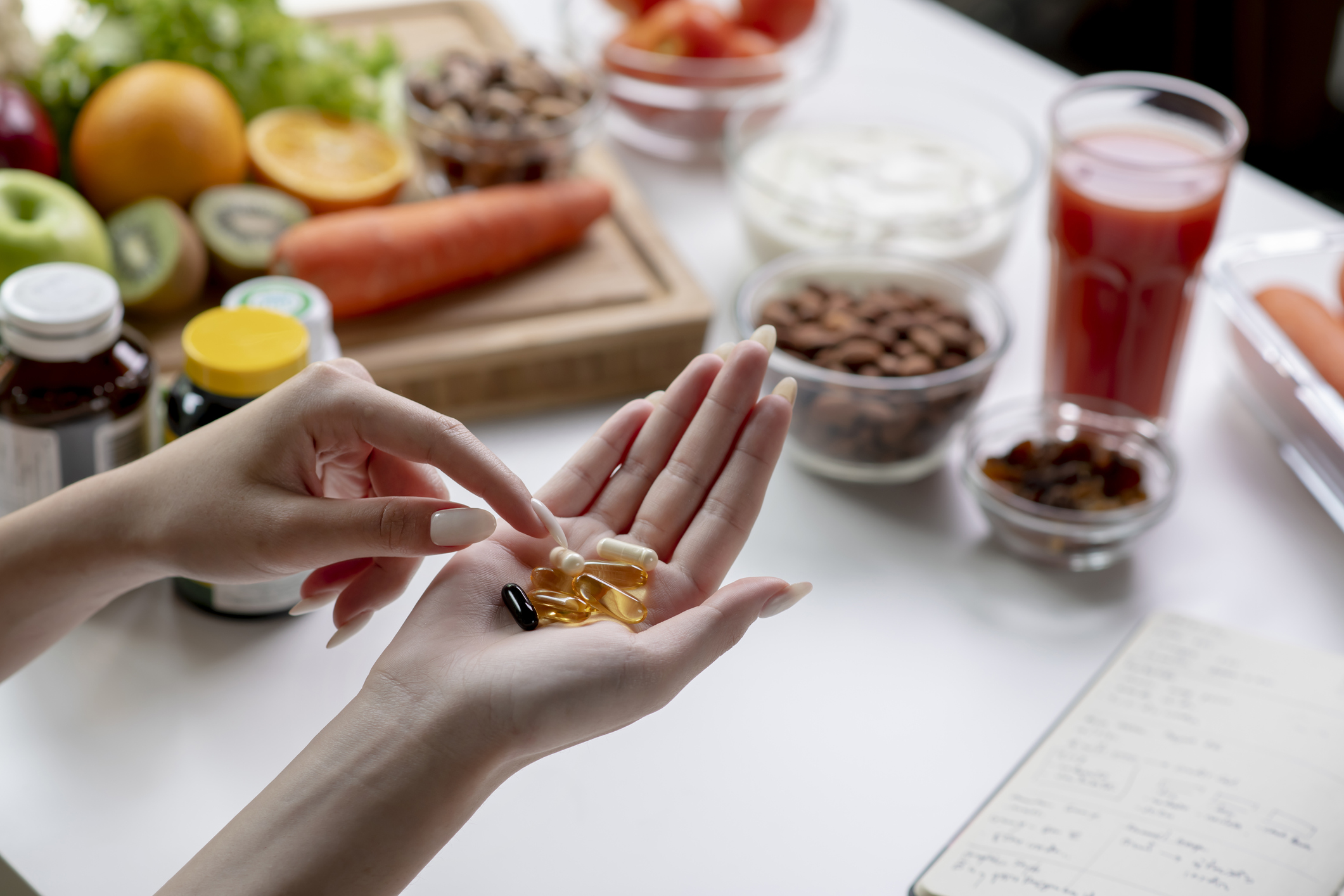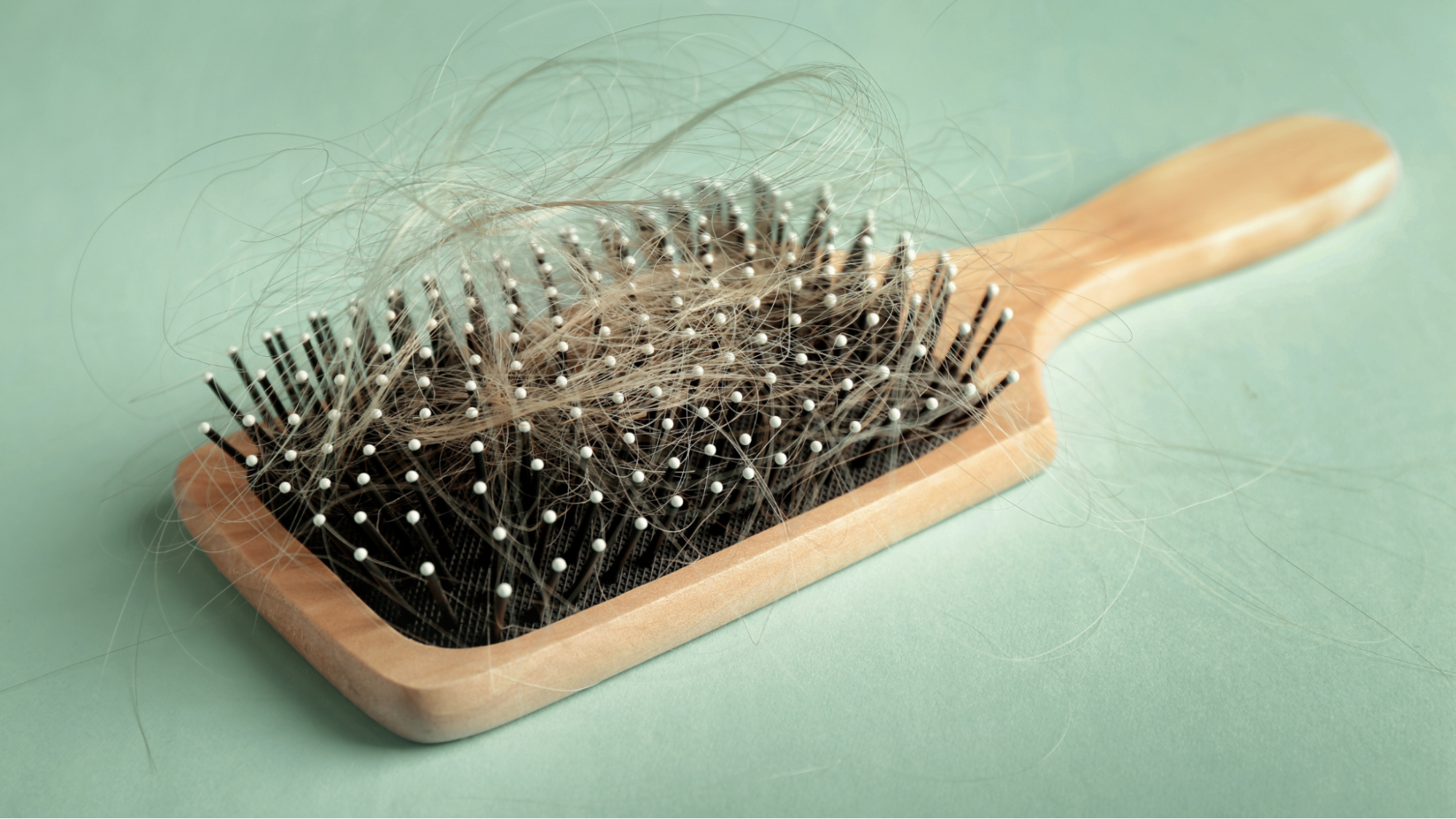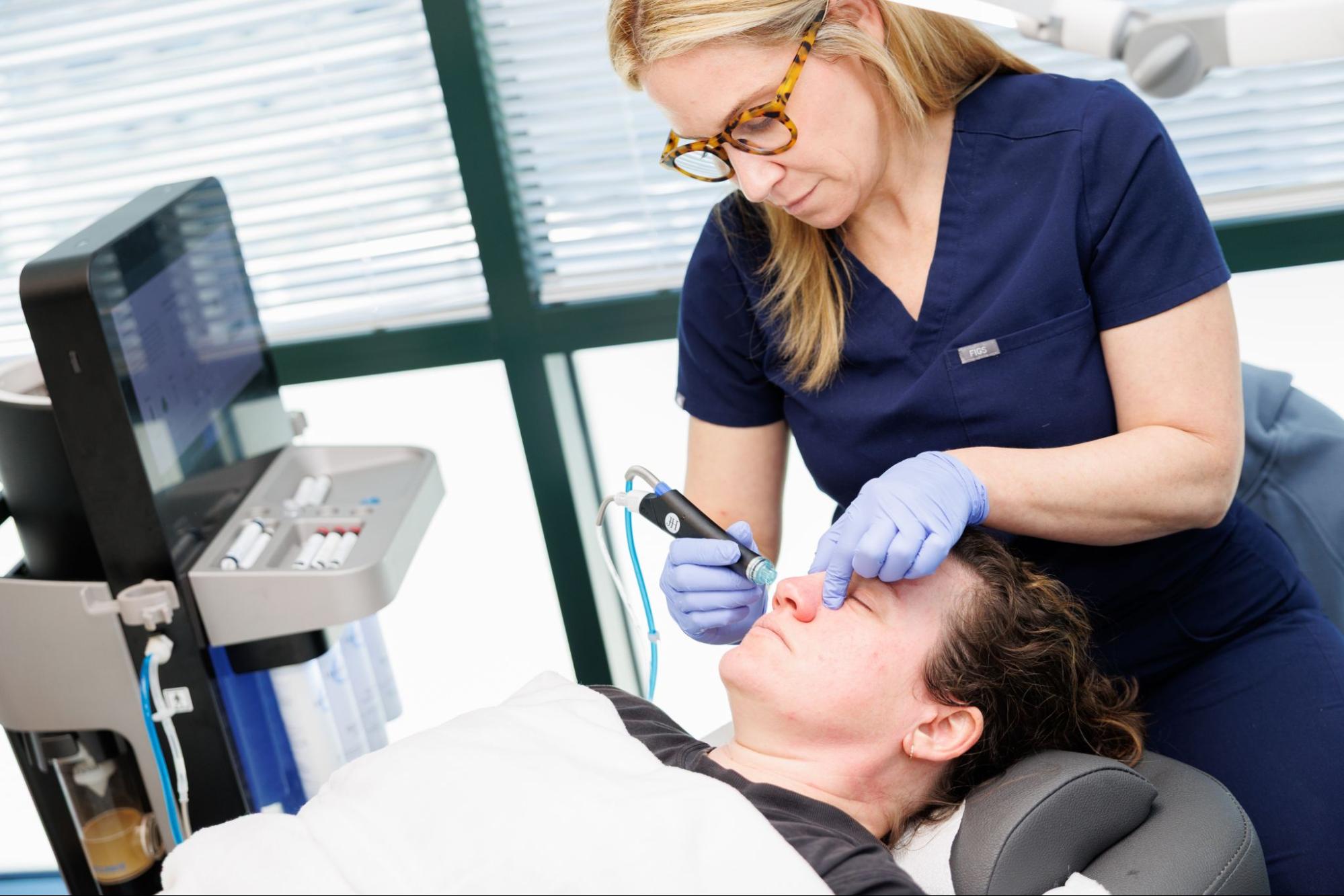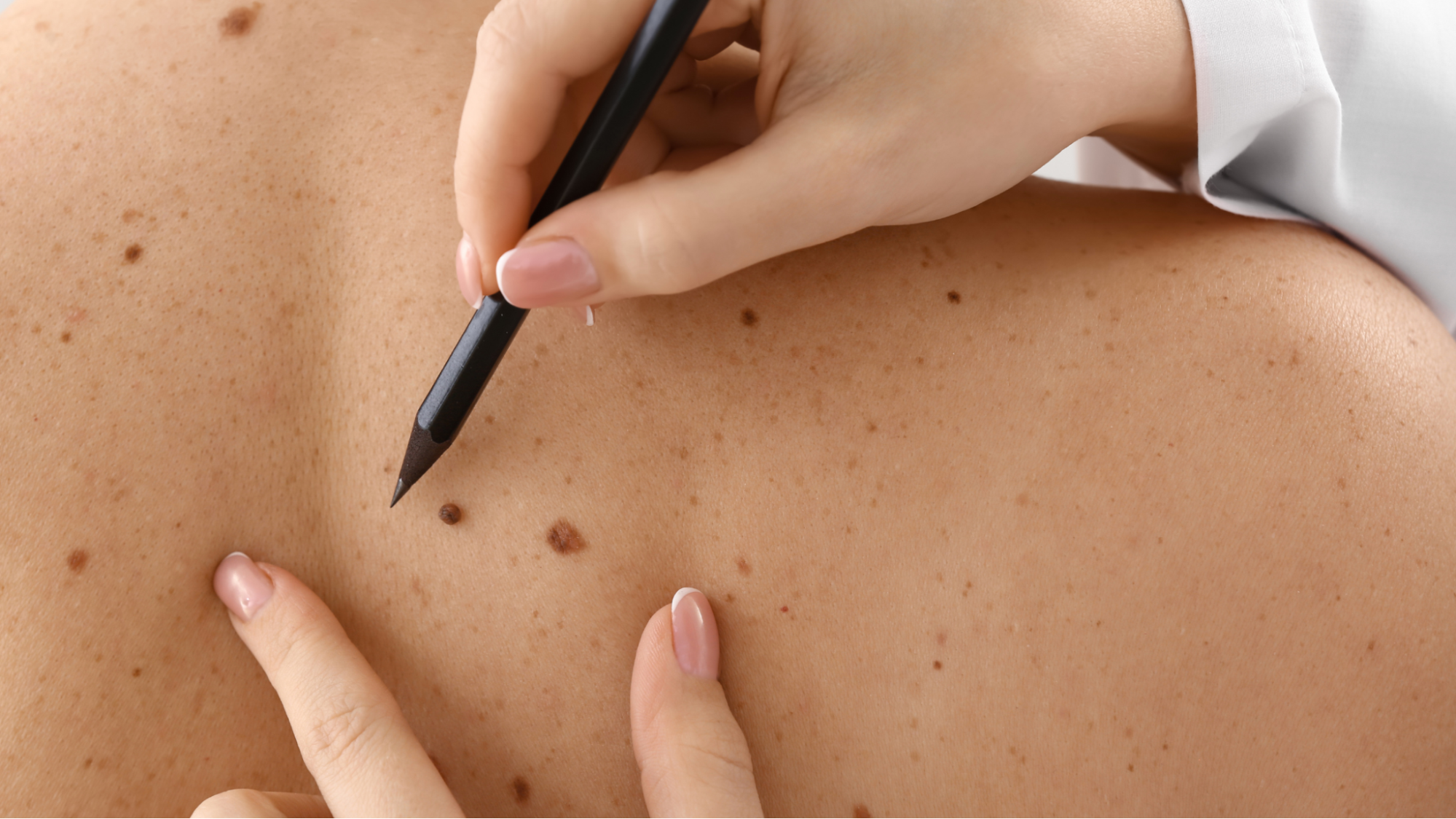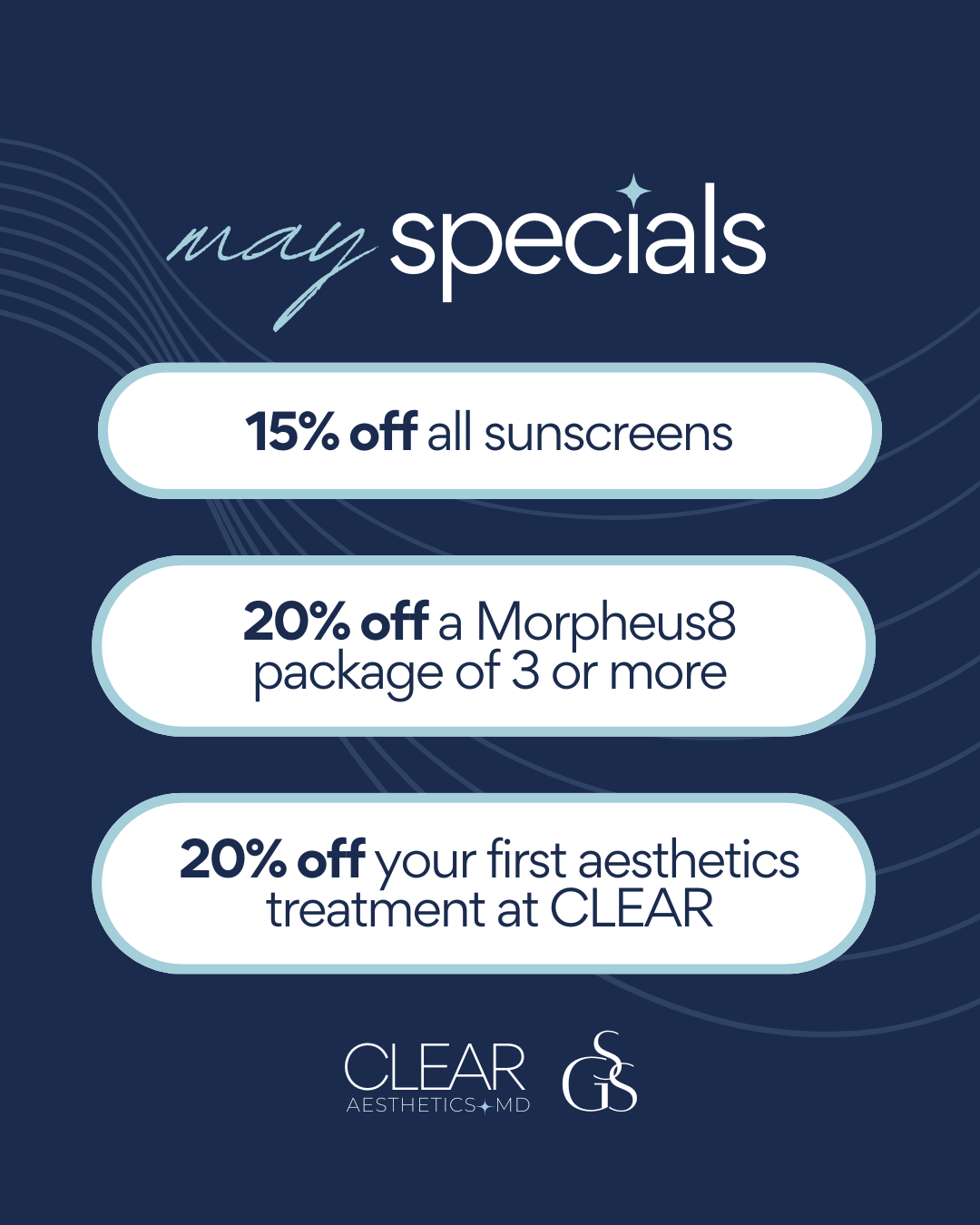It’s widely known that exposure to ultraviolet (UV) radiation from the sun and tanning beds significantly increases the risk of skin cancer. The three most common types of skin cancer are basal cell carcinoma, squamous cell carcinoma, and melanoma, with melanoma being the most deadly. Broad spectrum sunscreens and sun protective clothing are the mainstays of reducing UV induced damage and lowering skin cancer risk. There is now increasing evidence for how certain vitamins and supplements can protect you from skin cancer. Read on to learn how you can prevent skin cancer from the inside out!
Supplements for Sun Safe Skin
UV radiation triggers oxidative damage in the skin, producing free radicals that cause cancerous changes to our DNA, break down our collagen and elastin fibers, and generate inflammation in the skin. Enter Antioxidant supplements and dietary sources as a healthy, effective way of reducing your skin cancer risk.
Vitamin C (Ascorbic Acid) and Vitamin E (Alpha Tocopherol)
The dynamic duo in sun protection supplementation. Studies have shown that as little as 1mg ascorbic acid and 500 IU of vitamin E taken twice daily can improve the amount of UV exposure needed to cause a sunburn by 41% after only 3 months. Please note, these two are a package deal and must be taken together to get the benefit.
Niacinamide/Nicotinamide
This form of Vitamin B3 is a skin protection superhero found in dietary sources including fish, chicken, pork, beef, mushrooms, grains, legumes, and nuts. It helps in part by preventing depletion of NAD, an anti-aging longevity coenzyme that gets wiped out by UV radiation. Nicotinamide also inhibis sirtuin, a problem protein that gets triggered by UV exposure and is upregulated in precancers and squamous cell carcinomas.
An important study found that taking 500mg nicotinamide/niacinamide twice daily for 12 months decreased the development of new nonmelanoma skin cancers by 23%. It also significantly decreased the development of actinic keratoses, those crusty lesions your derm freezes off all the time that can grow into squamous cell carcinoma.
Carotenoids
Carotenoids are potent antioxidants with antiinflammatory properties that show promise in the fight against skin cancer. Two to consider:
Astaxanthin
Astaxanthin is found in seafoods such as salmon, trout, crab, shrimp and lobster. It protects against skin cancer by increasing the skin’s MED, or minimal erythema dose, which is the amount of sun exposure needed to cause a sunburn. Consider incorporating 2-4 mg of astaxanthin daily to improve your skin’s resilience to sun exposure.
Lycopene
Lycopene is an anti-inflammatory antioxidant abundant in tomatoes, red carrots, watermelons, and grapefruit. 5mg of lycopene dialy reduced UV associated inflammatory markers. If you start a lycopene supplement, make sure you take it with fat to optimize absorption.
Botanicals: Polypodium Leucotomos
This South American fern extract effectively and efficiently increases the amount of UV radiation needed to trigger a sunburn. The impact is fairly immediate, so this is a supplement you could take with you on a sunny vacation to reduce the risk of sunburn (along with sunscreen!) It’s also been shown to help improve the results of photodynamic therapy (blue light or red light) ) for treating actinic keratoses.
We recommend Heliocare brand of Polypodium Leucotomos which we carry in our office.
Remember when it comes to skin cancer prevention, sun protection with broad spectrum SPF and sun-protective clothing are the gold standard. If you choose to incorporate a supplement, make sure it’s in addition to your sunscreen.

